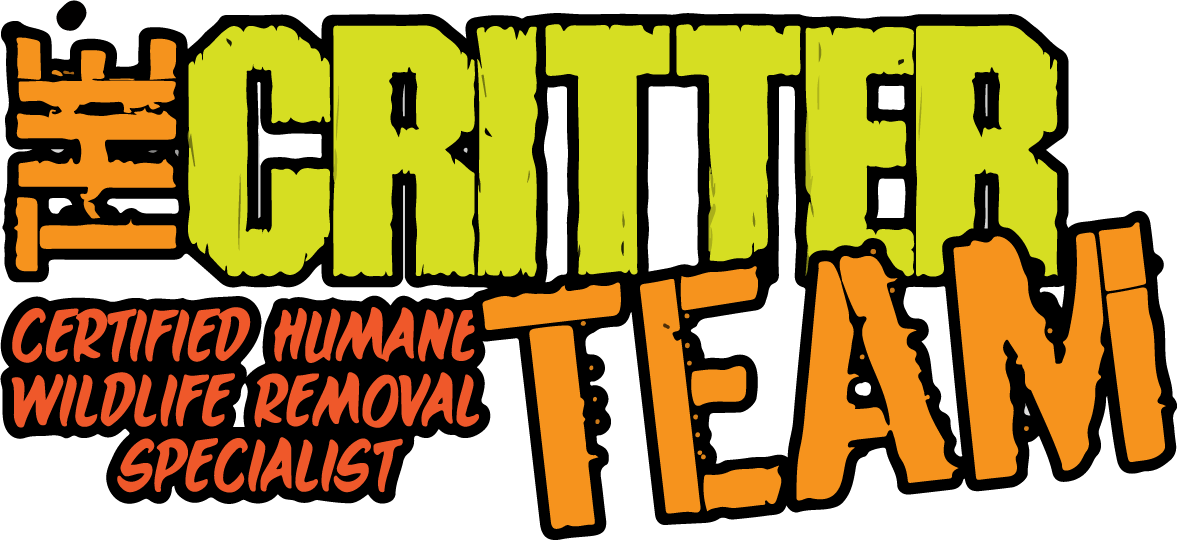Bird droppings can be a common sight in Texas’s public areas, and while they may seem harmless, their impact can be significant. These droppings, also known as guano, can carry various bacteria, fungi, and parasites that pose health risks to humans. In fact, studies have shown that bird droppings can contain pathogens such as E. coli, Salmonella, and Cryptococcus, which can cause severe illnesses and infections. Moreover, the accumulation of bird droppings in public spaces can lead to slippery and hazardous conditions, increasing the risk of falls and injuries. Additionally, the acidic nature of bird droppings can cause damage to buildings, statues, vehicles, and other structures over time, resulting in costly repairs and maintenance. Therefore, it is essential for public authorities to address the issue of bird droppings to ensure the safety and well-being of residents and visitors in Texas’s public areas.
The Impact of Bird Droppings on Texas’s Public Areas
Birds are a common sight in Texas’s public areas, from parks and playgrounds to sidewalks and buildings. While these feathered creatures add beauty and a touch of nature to our surroundings, their droppings can have a significant impact on the cleanliness and safety of these public spaces. In this article, we will explore the various ways in which bird droppings affect Texas’s public areas.
1. Health Concerns
Bird droppings can pose health risks to humans. These droppings may contain bacteria, fungi, and parasites that can cause diseases, including histoplasmosis and cryptococcosis. Histoplasmosis is a respiratory illness caused by inhaling fungal spores found in bird droppings. Cryptococcosis, on the other hand, is a potentially fatal fungal infection that can affect the central nervous system. These health concerns highlight the need for proper bird dropping management in public areas.
2. Slip and Fall Hazards
Bird droppings can create slippery surfaces, especially when they accumulate over time or during rainy weather. This poses a significant slip and fall hazard for pedestrians using public areas such as sidewalks and parks. Slip and fall accidents can result in injuries, ranging from minor bruises to more severe fractures or head trauma. The presence of bird droppings in public areas necessitates regular cleaning and maintenance to ensure the safety of residents and visitors.
3. Damage to Infrastructure
Bird droppings contain uric acid, which is highly corrosive and can damage various surfaces over time. Buildings, statues, park benches, and other infrastructure in Texas’s public areas are susceptible to this corrosive effect. Uric acid from bird droppings can eat away at paint, metal, and even stone, leading to the deterioration of these structures. Regular cleaning and preventive measures are essential to protect the longevity and aesthetic appeal of public infrastructure.
4. Negative Aesthetics
The accumulation of bird droppings in public areas can significantly impact their visual appeal. Unsightly stains and patches caused by bird droppings can create a negative impression on residents and visitors alike. Public spaces are meant to be welcoming and enjoyable, but the presence of bird droppings can detract from their beauty. Proper bird dropping management is necessary to maintain the aesthetic appeal of Texas’s public areas.
5. Environmental Impact
Bird droppings can also have an environmental impact. The high nitrogen content in bird droppings can contribute to nutrient imbalances in soil and water bodies, leading to algal blooms and other ecological disturbances. These imbalances can harm aquatic life and disrupt the natural balance of ecosystems. It is crucial to manage bird droppings in public areas to minimize their environmental impact.
In conclusion, bird droppings have several negative impacts on Texas’s public areas. From health concerns and slip and fall hazards to infrastructure damage, negative aesthetics, and environmental impact, it is clear that proper bird dropping management is crucial. Regular cleaning and preventive measures are essential to maintain the cleanliness, safety, and visual appeal of public spaces in Texas.
Assistance with Wildlife Control and Animal Removal
At The Critter Team, we understand the challenges that come with wildlife intrusion and the need for prompt and effective solutions. Our team of skilled professionals is here to provide you with reliable wildlife control and animal removal services. Whether you’re dealing with raccoons, squirrels, bats, or any other unwanted critters, we have the expertise and tools to handle the situation efficiently. With our humane and environmentally friendly approach, we prioritize the well-being of both you and the animals involved. If you’re facing any wildlife-related issues, don’t hesitate to give us a call at (281) 667-0171. Our experienced team is ready to assist you and restore peace to your property.
